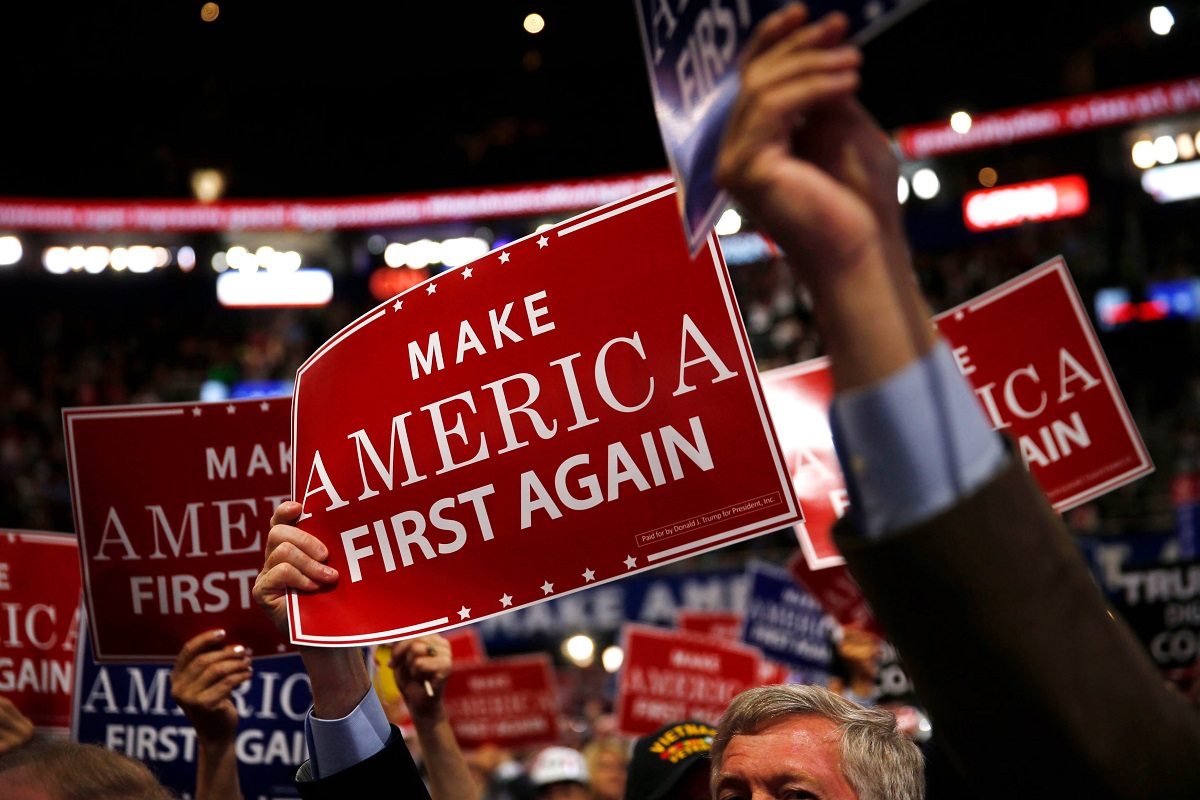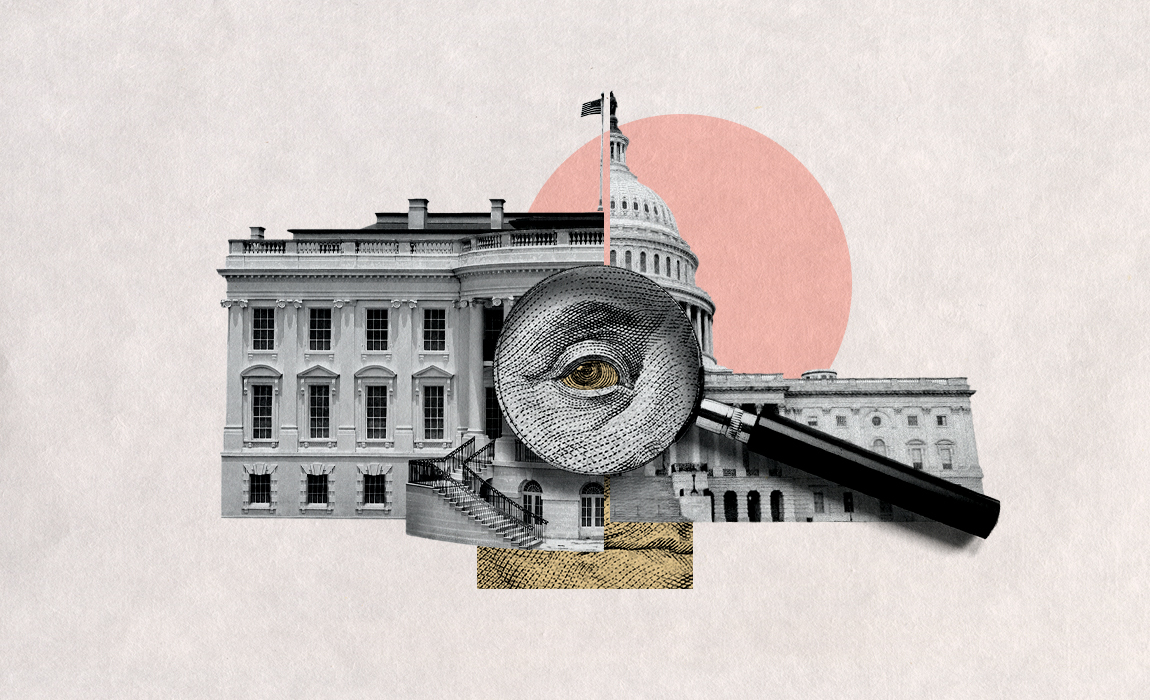Next Issue Of The Wild Bunch: Citizen Combat Gear – A Discussion On New Tech
Issue #125 of The Wild Bunch Dispatch, Alt-Market’s exclusive newsletter covering concepts and tactics for defeating globalism, is set to…
The post Next Issue Of The Wild Bunch: Citizen Combat Gear – A Discussion On New Tech appeared first on Alt-Market.us.







